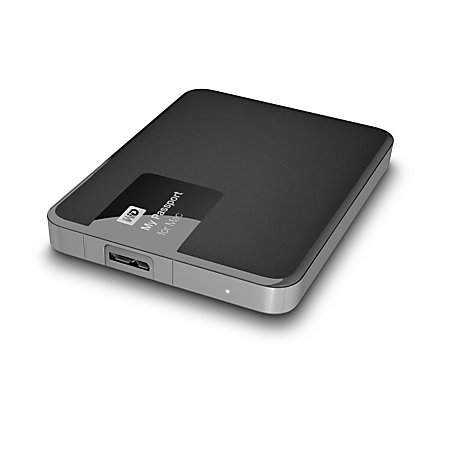I want to connect my external 2TB USB HDD that has 4 partitions, to be treated as a set of removable drives on Windows. This is because I do not want Windows to create 'System Volume Information' and '$Recycler' ans stuff on it ( these are not created for removable drives right? ) I just want Windows to use the drive as simple plain old storage without cluttering it up with its internal stuff and metedata - and as far as I know, removable drive is the way to go. So I have these questions: • Is marking the external USB HDD as removable drive what I am looking for? • what's the difference between it being marked as external HDD vs removable drive • how do I make this happen • how do I detect what type it is, currently and after the change • Also - I would like to format the drive with a filesystem that would be efficient as well as compatible with Linux and Windows. What would be such an efficient filesystem? I don't think FAT32 would be good for a 2TB storage?
Best DVD & Blu-ray drives for Mac. External drive. As with most other drives on this list you'll need a USB-C dongle or hub to get it working with modern Apple laptops. LaCie 4TB Rugged RAID PRO USB-C Hard Drive with Built-in SD Card Reader - Previous Gallery Image; LaCie 4TB Rugged RAID PRO USB-C Hard Drive with Built-in SD Card Reader - Next Gallery Image.
( there would be too much wastage? To avoid 'System Volume Information' and '$Recycler', do the following for the external disk drive: • Right-click the Recycle Bin, select Properties, click the disk, check 'Do not move files to the Recycle Bin', then OK. • Go to Control Panel -> System, click System protection, uncheck the disk, click OK. If the above directories were already created, you might need after this to take ownership of them in order to delete. The best common format is probably NTFS, as the majority of current Linux distributions supports the NTFS file system out of the box, and it doesn't suffer from the limitations of FAT32. In case of performance problems on Linux, give a try to. @harrymc answered everything correctly (+1 to him) except this part: I would like to format the drive with a filesystem that would be efficient as well as compatible with Linux and Windows.
What would be such an efficient filesystem? I don't think FAT32 would be good for a 2TB storage?
( there would be too much wastage? ) If you want to support Linux boxes, the only really good filesystem that works between the systems is FAT32. Linux can read and write to NTFS, but the Linux NTFS driver runs as a FUSE module, and performance is comparatively poor. ExFAT would be the best option, because FAT32 doesn't allow filesizes greater than 4 GB, but AFAIK Linux and friends do not know how to read it (and neither do versions of Windows earlier than Windows 7). I was about to give up on this.
I have an external HDD that connects to the computer by USB. Every time I try to disconnect the thing, I'm told the device is busy. I end up unplygging the darn thing.
